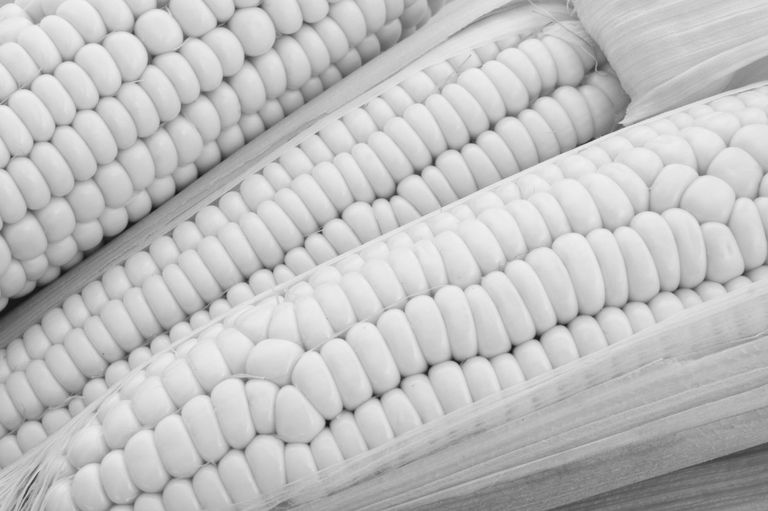4th Annual Yale Food Systems Symposium
Feeding a growing world – Perspectives in 2016
The 2016 Yale Food Systems Symposium (YFSS) will bring diverse scholars and practitioners to work together in action-oriented sessions that address the complex ecological and socio-economic dynamics of feeding the world, including food production, consumption, climate change, and urbanization. We seek a diversity of proposal formats: panels, working groups, roundtables, and papers. We welcome perspectives from the natural and social sciences, from applied disciplines, and from community practitioners. Proposals that bring scholars and practitioners together, work across disciplines, or partner emerging and established researchers are especially encouraged.

Half a century out from the Green Revolution, our food system is as technologically advanced as ever. Yet our innovations have presented long-term sustainability challenges, while both global hunger and obesity persist. We are now faced with the question of where to go from here–with the knowledge and technology we have obtained and challenges before us, what approaches do we take to feed the world in a manner that is sustainable for both the population and the planet? Stakeholders across the food system as well as scholars hold divergent perspectives on where to focus solutions. A productionist view may point to the need to produce more food through even more advanced technology and seed engineering, while others may take a distributionist view that stresses social justice rather than yields, while still others may seek methods to reduce food waste. Some may focus on the nutritional quality of what we are growing, while others emphasize the need to shift diets to those less impactful on the environment. These and other perspectives vary in the populations they target, including farmworkers, consumers, corporations, or governments. This conference seeks to stimulate conversation among practitioners, scholars, and community members to understand these diverse perspectives and consider collaborative solutions in moving forward as our world population grows, diet-related diseases increase, and natural resources are depleted.
Information:
https://yalefoodsymposium.org/about2016/2016-conference/
Contact:
Registration:
https://www.eventbrite.com/e/yale-food-systems-symposium-tickets-25824231973?ref=ebtnebregn

